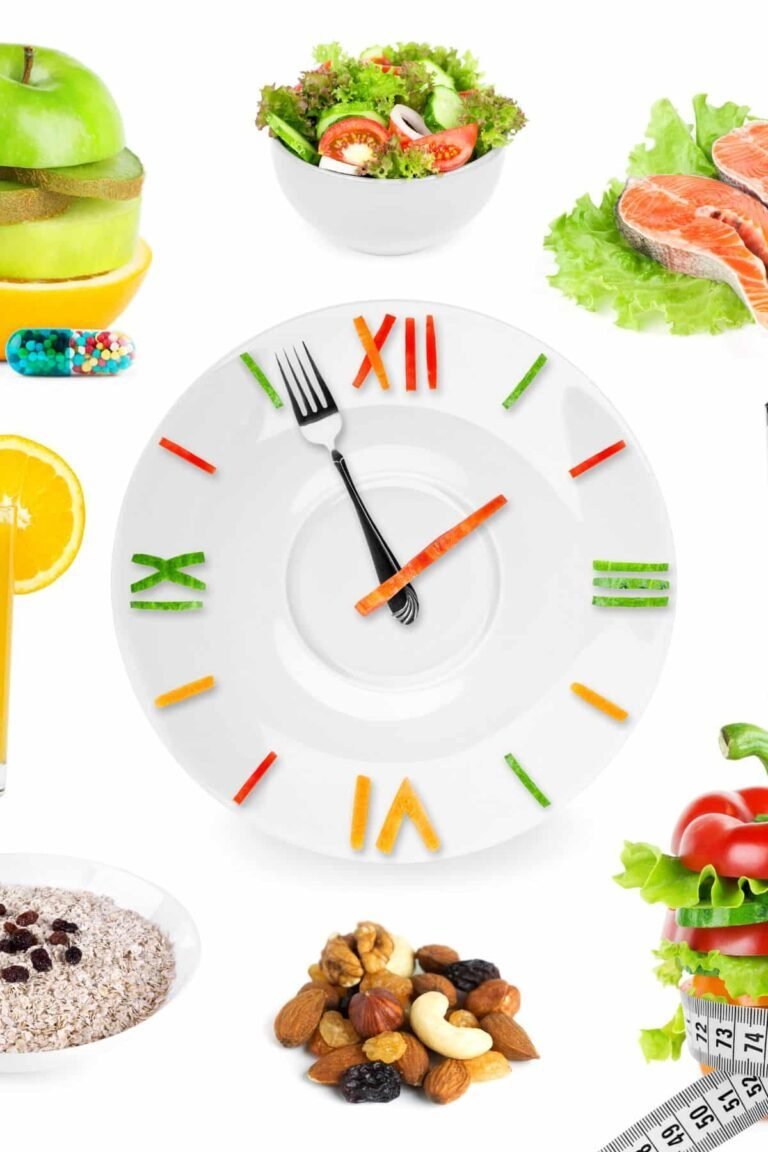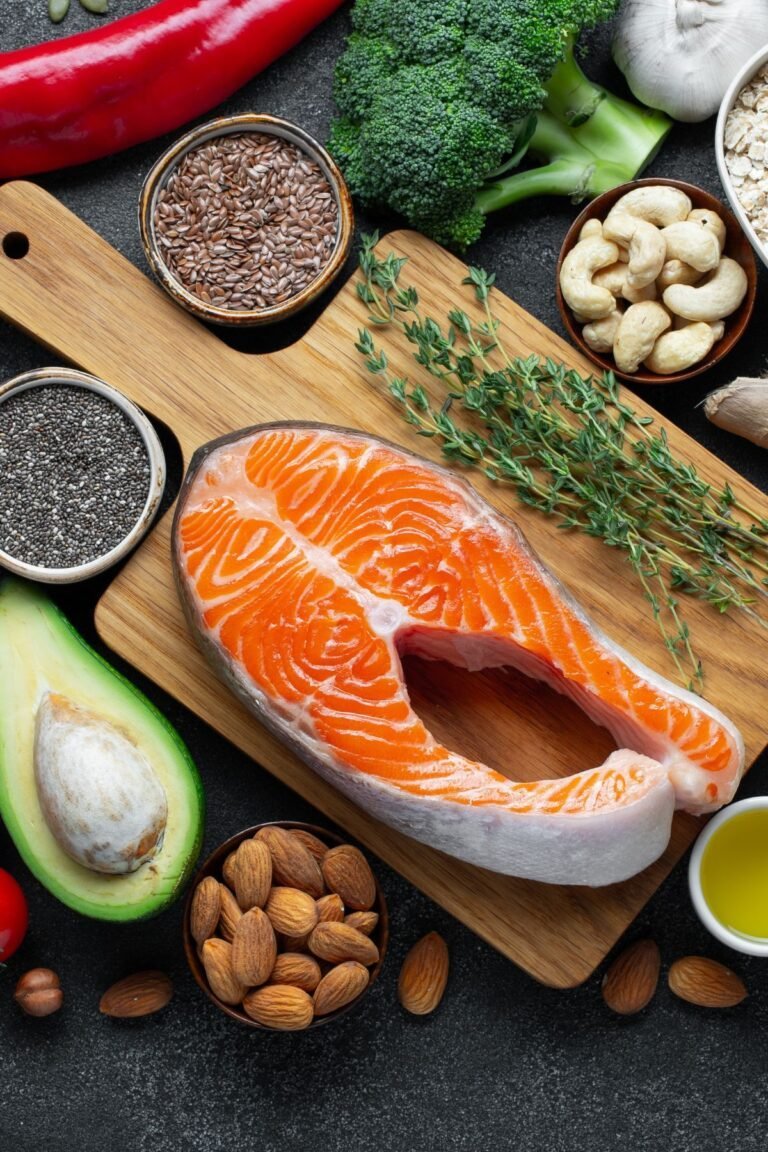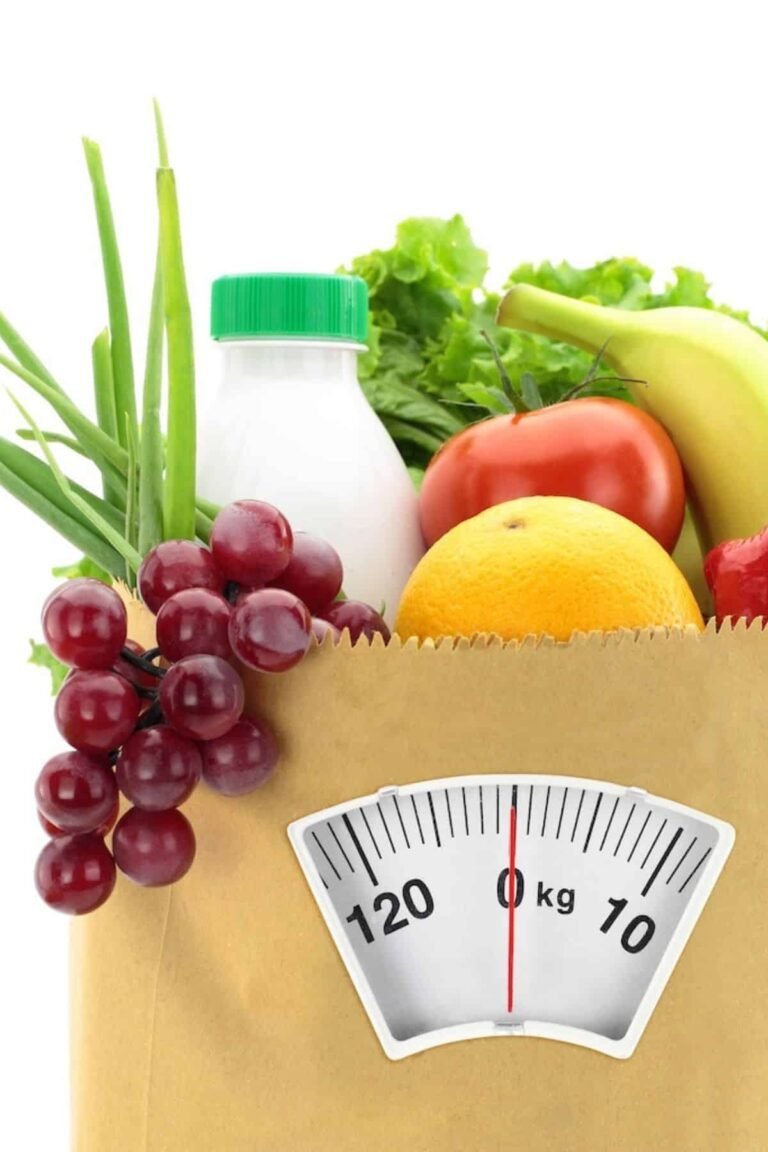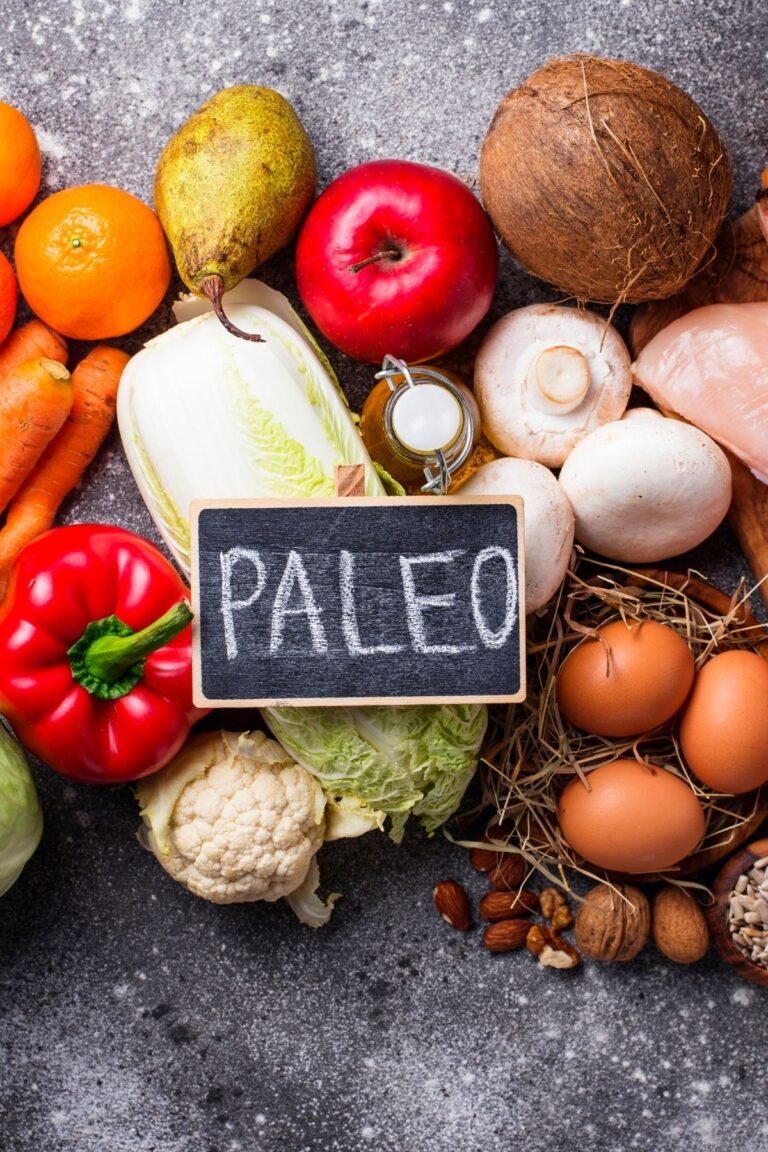9 Natural Perimenopause Bloating Remedies
Are you experiencing unexplained bloating, mood swings, or changes in digestion? It might be perimenopause knocking on your door. Perimenopause, the transitional phase before menopause, brings about a rollercoaster of hormonal changes that can leave you feeling uncomfortable and frustrated. Let’s delve into what happens during perimenopause and explore some natural remedies to ease those bothersome symptoms.
What Happens During Perimenopause?
During perimenopause, estrogen levels can fluctuate wildly. In the early stages, estrogen levels may even rise higher than normal, causing symptoms like tummy weight gain, vaginal dryness, hot flashes, and mood swings. As you near your final menstrual cycle, estrogen levels may drop below normal, exacerbating these symptoms. The hormonal fluctuations can also lead to bloating, water retention, and changes in digestion, including constipation and food sensitivities.
Understanding Bloating During Perimenopause
Bloating during perimenopause often manifests as a feeling of fullness or discomfort in the abdominal area. Many women describe it as their stomach feeling hard, puffy, or filled with air. It can also affect other parts of the body, such as the face, ankles, and hands, impacting both quality of life and self-confidence.
Natural Remedies for Perimenopausal Bloating
Managing perimenopausal bloating can be achieved through simple lifestyle changes:
- Stay Hydrated: Increasing water intake helps with digestion and prevents constipation, common during perimenopause. Infused waters or herbal teas can make hydration more enjoyable.
- Limit Caffeine: Caffeinated beverages can contribute to water retention, so reducing consumption may alleviate bloating.
- Watch Your Salt Intake: Too much salt can cause the body to retain water, so cutting back on packaged and restaurant foods can help.
- Avoid Gas-Inducing Foods: Onions, garlic, and legumes can exacerbate bloating, so consider eliminating them from your diet temporarily.
- Stay Active: Daily physical activity, even just walking or stretching, aids digestion and reduces bloating.
- Identify Food Sensitivities: Histamine levels may fluctuate during perimenopause, leading to food sensitivities. Consider an elimination diet to pinpoint triggers like gluten and dairy.
- Manage Stress: Stress can worsen bloating, so prioritize self-care practices like meditation and deep breathing exercises.
- Opt for Smaller Meals: Eating smaller, more frequent meals can help prevent bloating after eating.
- Try Peppermint or Ginger Tea: These teas can soothe the digestive tract and reduce post-meal bloating.
Conclusion
Perimenopause brings about a host of changes, including bloating and digestive issues, but there are natural remedies that can help alleviate these symptoms. By staying hydrated, watching your diet, staying active, and managing stress, you can minimize discomfort and maintain your quality of life during this transitional phase.
FAQs
1: How long does perimenopause typically last?
Perimenopause can last anywhere from a few months to several years, with the average duration being four years. However, it can vary greatly from woman to woman.
2: Can bloating during perimenopause be a sign of something more serious?
While most bloating during perimenopause is harmless and related to hormonal changes, it’s essential to consult with your doctor if it persists or is accompanied by other concerning symptoms.
3: Are there any medications for perimenopausal bloating?
While there are medications available for symptoms like hot flashes and mood swings during perimenopause, there aren’t specific medications solely for bloating. However, natural remedies and lifestyle changes can often provide relief.






